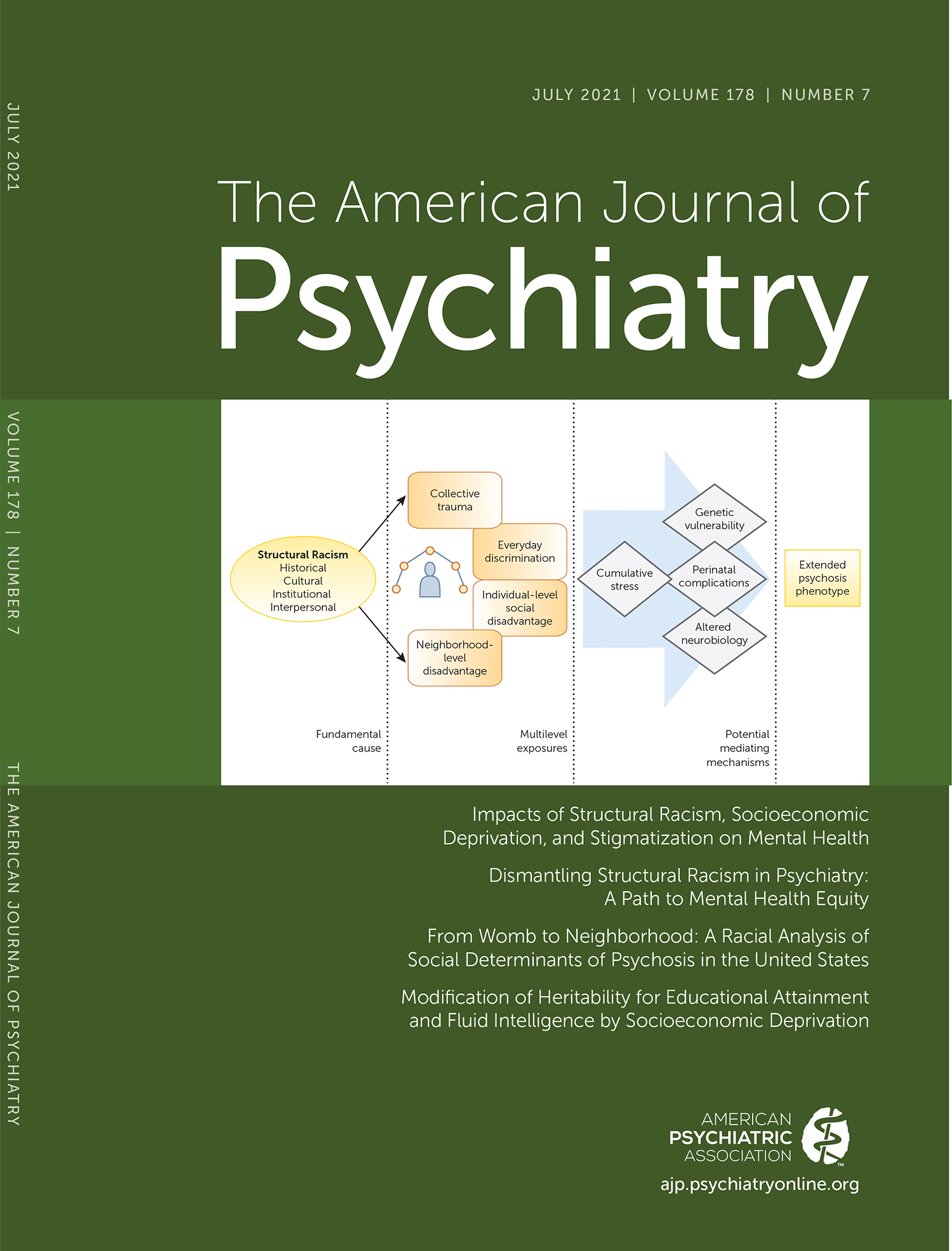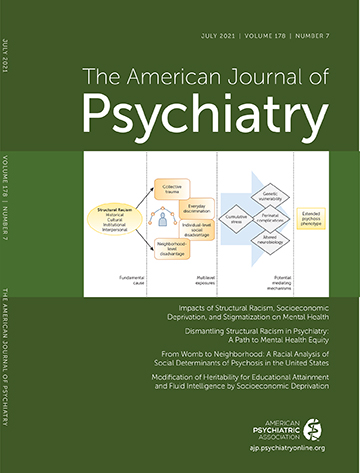Improving Suicide Prevention Through Evidence-Based Strategies: A Systematic Review
Abstract
Objective:
Methods:
Results:
Conclusions:

METHODS
| Intervention Superior to Control | Intervention Not Superior to Control | |||||
|---|---|---|---|---|---|---|
| Intervention | Studies (N) | N | % | N | % | Scalabilityb |
| General practitioner educationc | 12 | 10 | 83 | 2 | 17 | Yes |
| Education for youth suicidal behavior (targeting youths for training/education) | 3 | 3 | 100 | 0 | 0 | Yes |
| Education for youth suicidal behavior prevention (targeting adults for training/education) | 6 | 1 | 17 | 5 | 83 | Yes |
| Pharmacotherapy | 17 | 4 | 24 | 13 | 76 | Yes |
| Psychotherapy (CBT, DBT) | 18 | 9 | 50 | 9 | 50 | Yes (CBT) |
| Medication and psychotherapy | 3 | 1 | 33 | 2 | 67 | NA |
| Group psychotherapy | 2 | 1 | 50 | 1 | 50 | NA |
| Contact and/or active outreach | 10 | 7 | 70 | 3 | 30 | Yes |
| Brain stimulation | 2 | 0 | 0 | 2 | 100 | NA |
| Collaborative care | 1 | 1 | 100 | 0 | 0 | NA |
| Firearms restrictiond | 49 | 48 | 98 | 1 | 2 | Yes |
| Internet based | 3 | 0 | 0 | 3 | 100 | NA |

RESULTS
Education
General practitioner and nonpsychiatrist physician education.
| Source | Prevention Strategy | Length of Intervention | Population | Study Type | Location | Outcome |
|---|---|---|---|---|---|---|
| Oyama et al., 2005 (15) | Educational intervention for nurse depression screening and GP management | 8 years, screening and depression management | Older adults | Quasi-experimentalb | Japan | Greater reduction in female suicide in intervention region compared with control region (IRR=0.35). No regional difference in male suicides. |
| Oyama et al., 2006 (17) | Educational intervention for nurse depression screening and GP management | 10 years, screening and depression management | Older adults | Quasi-experimentalb | Japan | Reduction of 64% in female suicide rate in the intervention region (IRR=0.36), but no change in the control region. No change in male suicide rate. |
| Oyama et al., 2006 (16) | Educational intervention for nurse depression screening and GP management | 10 years, screening and depression management | Older adults | Quasi-experimentalb | Japan | Greater reduction in female suicide rates in intervention region compared with control region (IRR=0.43). No regional differences in male suicides. |
| Oyama et al., 2006 (14) | Educational intervention for nurse depression screening and GP management | 5 years, screening and depression management | Older adults | Quasi-experimentalb | Japan | Reduction of 74% in female suicide rate in the intervention region (IRR=0.26), significant using a one-tailed test, and no change in the control region. No change in male suicide rate. |
| Henriksson and Isacsson, 2006 (18) | Yearly 2-day GP training sessions | 8 years, GP screening and depression treatment | Adults | Quasi-experimentalb | Sweden | Preintervention (1970–1994) suicide rate was higher in Jämtland County (Sweden) than nationwide (p<0.05), but during intervention period (1995–2002) it dropped in intervention region, so the two rates no longer differed. |
| Szanto et al., 2007 (12) | Annual educational program for GPs and their nurses | 5 years, GP supervised depression management | Adults | Quasi-experimentalb | Hungary | Decrease in suicide rate in intervention region greater than the larger county (p<0.001) and Hungary (p<0.001). |
| Alexopoulos et al., 2009 (22) | GP training and case managers | 2 years, algorithm-based treatment advice | Older adults | Randomized controlled trialc | United States | Intervention group more likely to receive antidepressants or psychotherapy (p<0.001), and those with major depression had lower rates of suicidal ideation at 4, 8, and 24 months (p=0.04). No difference in suicidal behavior. |
| Hegerl et al., 2010 (21) | Four-level intervention program including GP education | 2 years, GP depression management | Adults | Quasi-experimentalb | Germany | Intervention region had greater reduction in suicidal acts (suicides and suicide attempts) (p<0.0065) and attempts (p<0.0005) versus control from baseline to 1-year follow-up of the 2-year intervention (2000–2003). The reduction in attempts was more pronounced for high-lethality than low-lethality methods and persisted for 4 years. |
| Hübner-Liebermann et al., 2010 (19) | Four-level intervention program including GP education in depression management | 5 years, GP depression management | Adults | Quasi-experimentalb | Germany | Suicide rate declined in the intervention region (p=0.02) but not in the control region. |
| Roškar et al., 2010 (27) | One-day GP educational program | 3 years, GP depression management | Adults | Quasi-experimentald | Slovenia | Intervention group had greater increase in antidepressant prescriptions (p<0.05) compared with control group, but no group differences in suicide rate. |
| Almeida et al., 2012 (26) | GP practice audit with feedback on depression and self-harm, educational materials, and control education GP group | 2 years, GP depression management | Older adults | Randomized controlled triale | Australia | Intervention group had less self-harm behaviors (odds ratio=0.80, p<0.05) over 2 years. |
| Hegerl et al., 2019 (20) | Four-level intervention program including GP training, GP consultation hotline | 2 years, GP depression treatment | Adults | Quasi-experimentalb | Germany, Hungary, Ireland, Portugal | In Portugal, the intervention region saw a greater reduction in suicidal acts (suicides and suicide attempts) (p=0.05) and attempts (p=0.02) compared with control region. No group differences found in the other countries. |
Education for youth suicidal behavior prevention.
System-level education.
Screening
Treatment Interventions
Pharmacotherapy.
Psychotherapy.
Comparison of pharmacotherapy and psychotherapy.
Group psychotherapy.
Contact and/or active outreach following a suicide attempt or suicidal ideation crisis.
Brain stimulation.
Collaborative care.
Internet-based interventions.
Means Restriction
DISCUSSION
CONCLUSIONS
Footnote
Supplementary Material
- View/Download
- 482.12 KB
REFERENCES
Information & Authors
Information
Published In
History
Keywords
Keywords
Authors
Funding Information
Metrics & Citations
Metrics
Citations
Export Citations
If you have the appropriate software installed, you can download article citation data to the citation manager of your choice. Simply select your manager software from the list below and click Download.
For more information or tips please see 'Downloading to a citation manager' in the Help menu.
View Options
View options
PDF/EPUB
View PDF/EPUBLogin options
Already a subscriber? Access your subscription through your login credentials or your institution for full access to this article.
Personal login Institutional Login Open Athens loginNot a subscriber?
PsychiatryOnline subscription options offer access to the DSM-5-TR® library, books, journals, CME, and patient resources. This all-in-one virtual library provides psychiatrists and mental health professionals with key resources for diagnosis, treatment, research, and professional development.
Need more help? PsychiatryOnline Customer Service may be reached by emailing [email protected] or by calling 800-368-5777 (in the U.S.) or 703-907-7322 (outside the U.S.).

